24 start with S start with S

Crispin Wright's Truth and Objectivity brought about a far-reaching reorientation of the metaphysical debates concerning realism and truth. The essays in this companion volume prefigure, elaborate, or defend the proposals put forward in that landmark work.
The collection includes the Gareth Evans memorial lecture in which the program of Truth and Objectivity was first announced, as well as all of Wright's published reactions to the extensive commentary his study provoked; it presents substantial new developments and applications of the pluralistic outlook on the realism debates proposed in Truth and Objectivity, and further pursues its distinctive minimalist conceptions of truth and of truth-aptitude. Among the papers are important discussions of coherence conceptions of truth, of Hilary Putnam's most recent views on truth, and of the classical debate between correspondence, coherence, pragmatism, and deflationary conceptions of the notion. Others are concerned with Kripke's famous argument against physicalist conceptions of sensation; the distinction between minimal truth-aptitude and cognitive command; a novel prospectus for a philosophy of vagueness; and a new proposal about the most resilient interpretation of relativism.
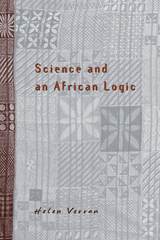
In this captivating book, Helen Verran addresses precisely that question by looking at how science, mathematics, and logic come to life in Yoruba primary schools. Drawing on her experience as a teacher in Nigeria, Verran describes how she went from the radical conclusion that logic and math are culturally relative, to determining what Westerners find so disconcerting about Yoruba logic, to a new understanding of all generalizing logic. She reveals that in contrast to the one-to-many model found in Western number systems, Yoruba thinking operates by figuring things as wholes and their parts. Quantity is not absolute but always relational. Certainty is derived not from abstract logic, but from cultural practices and associations.
A powerful story of how one woman's investigation in this everday situation led to extraordinary conclusions about the nature of numbers, generalization, and certainty, this book will be a signal contribution to philosophy, anthropology of science, and education.

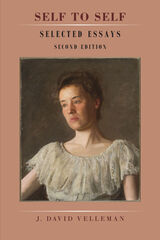
Self to Self brings together essays on personal identity, autonomy, and moral emotions by the philosopher J. David Velleman. Although the essays were written independently, they are unified by an overarching thesis – that there is no single entity denoted by “the self ” – as well as by themes from Kantian ethics, psychoanalytic theory, social psychology, and Velleman’s work in the philosophy of action. Two of the essays were selected by the editors of Philosophers’ Annual as being among the ten best papers in their year of publication.
Self to Self will be of interest to philosophers, psychologists, and others who theorize about the self.
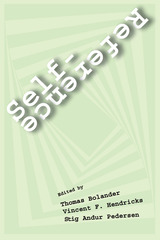
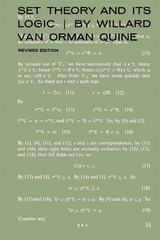
This is an extensively revised edition of W. V. Quine’s introduction to abstract set theory and to various axiomatic systematizations of the subject. The treatment of ordinal numbers has been strengthened and much simplified, especially in the theory of transfinite recursions, by adding an axiom and reworking the proofs. Infinite cardinals are treated anew in clearer and fuller terms than before.
Improvements have been made all through the book; in various instances a proof has been shortened, a theorem strengthened, a space-saving lemma inserted, an obscurity clarified, an error corrected, a historical omission supplied, or a new event noted.
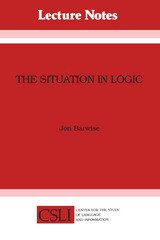
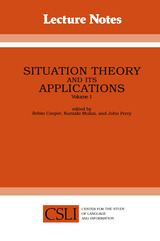
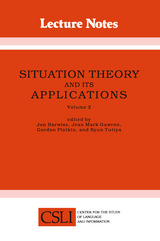
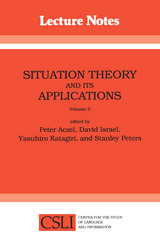
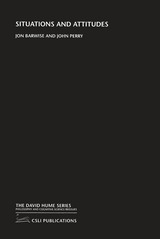
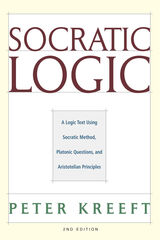
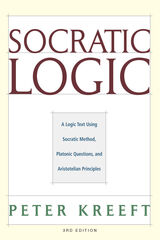
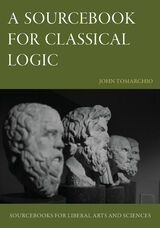
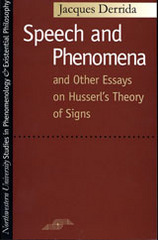
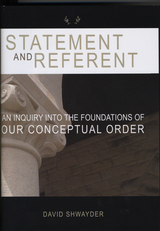
Plato’s Parmenides and Aristotle’s Metaphysics initiated the discussion of the “First Philosophy” in the Western canon. Here, David Shwayder continues this debate by considering statements as the fundamental bearers of truth-values. Systematically moving from action to utterance, Shwayder argues that the category of “bodies” is fundamental to the human scheme of conceptualization and that if we had no capacity to refer to bodies then we would be unable to address referents from other categories.
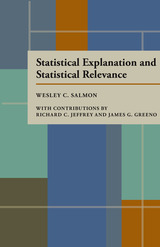
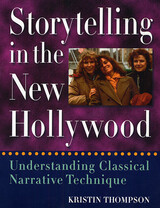
In a book as entertaining as it is enlightening, Kristin Thompson offers the first in-depth analysis of Hollywood's storytelling techniques and how they are used to make complex, easily comprehensible, entertaining films. She also takes on the myth that modern Hollywood films are based on a narrative system radically different from the one in use during the Golden Age of the studio system.
Drawing on a wide range of films from the 1920s to the 1990s--from Keaton's Our Hospitality to Casablanca to Terminator 2--Thompson explains such staples of narrative as the goal-oriented protagonist, the double plot-line, and dialogue hooks. She domonstrates that the "three-act structure," a concept widely used by practitioners and media commentators, fails to explain how Hollywood stories are put together.
Thompson then demonstrates in detail how classical narrative techniques work in ten box-office and critical successes made since the New Hollywood began in the 1970s: Tootsie, Back to the Future, The Silence of the Lambs, Groundhog Day, Desperately Seeking Susan, Amadeus, The Hunt for Red October, Parenthood, Alien, and Hannah and Her Sisters. In passing, she suggests reasons for the apparent slump in quality in Hollywood films of the 1990s. The results will be of interest to movie fans, scholars, and film practitioners alike.

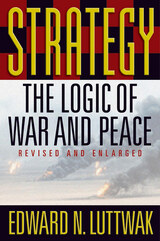
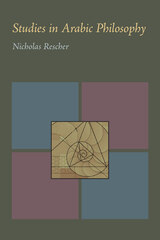
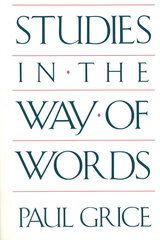
This volume, Paul Grice’s first book, includes the long-delayed publication of his enormously influential 1967 William James Lectures. But there is much, much more in this work. Grice himself has carefully arranged and framed the sequence of essays to emphasize not a certain set of ideas but a habit of mind, a style of philosophizing.
Grice has, to be sure, provided philosophy with crucial ideas. His account of speaker-meaning is the standard that others use to define their own minor divergences or future elaborations. His discussion of conversational implicatures has given philosophers an important tool for the investigation of all sorts of problems; it has also laid the foundation for a great deal of work by other philosophers and linguists about presupposition. His metaphysical defense of absolute values is starting to be considered the beginning of a new phase in philosophy. This is a vital book for all who are interested in Anglo-American philosophy.
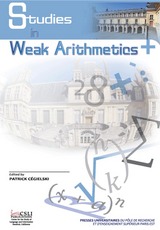
The field of weak arithmetics is an application of logical methods to number theory that was developed by mathematicians, philosophers, and theoretical computer scientists. In this volume, after a general presentation of weak arithmetics, the following topics are studied: the properties of integers of a real closed field equipped with exponentiation; conservation results for the induction schema restricted to first-order formulas with a finite number of alternations of quantifiers; a survey on a class of tools called pebble games; the fact that the reals e and pi have approximations expressed by first-order formulas using bounded quantifiers; properties of infinite pictures depending on the universe of sets used; a language that simulates in a sufficiently nice manner all algorithms of a certain restricted class; the logical complexity of the axiom of infinity in some variants of set theory without the axiom of foundation; and the complexity to determine whether a trace is included in another one.
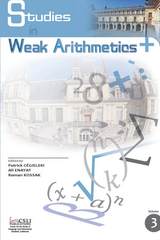
READERS
Browse our collection.
PUBLISHERS
See BiblioVault's publisher services.
STUDENT SERVICES
Files for college accessibility offices.
UChicago Accessibility Resources
home | accessibility | search | about | contact us
BiblioVault ® 2001 - 2024
The University of Chicago Press









